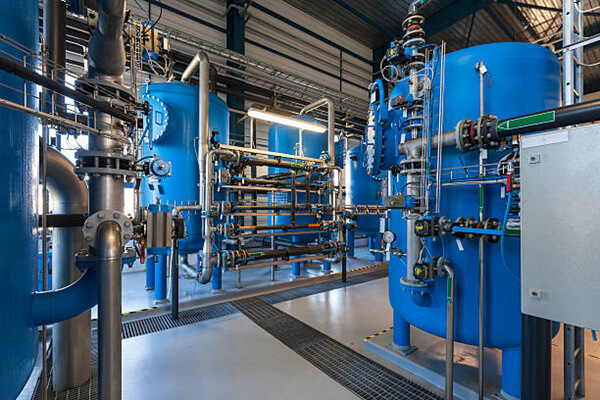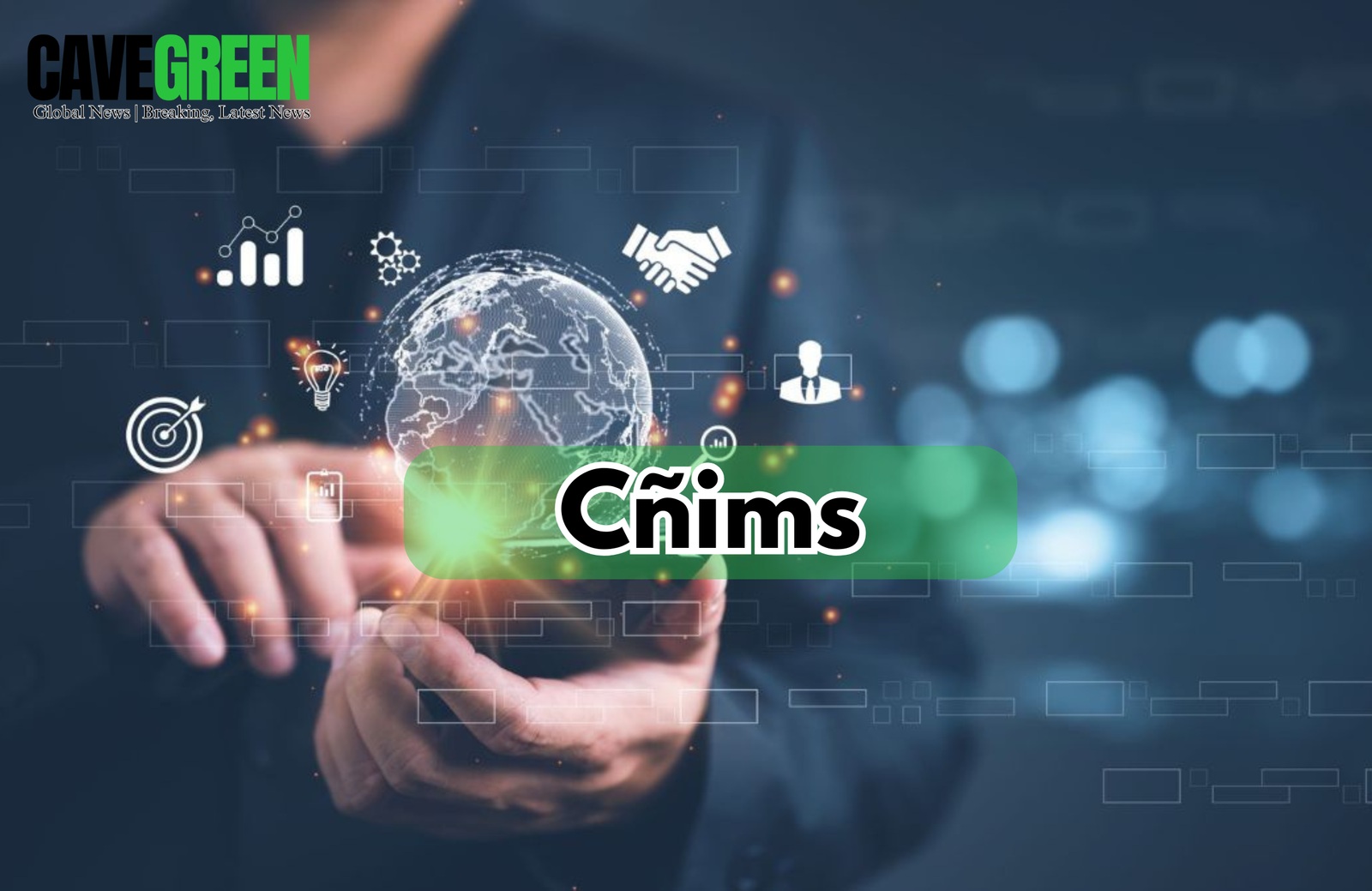In order to have smooth operations and meet regulations, today’s industries need efficient liquid waste management. Liquid waste can take many forms, such as oily water from the automotive industry or high-solids content in food processing units. Therefore, you need a valid and specified approach to filtration systems.
The filtration system choice affects compliance, environmental impact, operational efficiency and expenses. Below is an overview of the key factors for selecting the ideal industrial liquid waste management system for your requirements.
Understand Your Liquid Waste
Before selecting your ideal filtration system, you must start with a detailed analysis of your liquid waste. The type, composition, and volume significantly influence the choice of filtration. For example, if you deal with waste with a high concentration of oils and fats, you might require a system with oil-water separation capabilities. In contrast, high-solids liquid waste could benefit from a membrane filtration system.
Evaluate Filtration System Types
Once you’ve characterised your liquid waste, explore the various types of filtration systems available. They include:
- Physical Filtration Systems work by physically separating particles from the liquid waste. They are very effective in removing suspended solids and other particles, including certain chemicals in specific cases.
- Chemical Filtration Systems use chemicals to get rid of impurities in liquid waste. This kind of treatment works well when the waste contains high amounts of metals that are dissolved and also when fixing pH levels.
- Biological Filtration Systems use microorganisms to break down organic pollution in wastewater. These work well for liquid waste with a lot of living matter and can significantly lessen chemical and biological oxygen demand levels.
Consider the Regulations
Regulatory compliance is critical in liquid waste management. Ensure that the filtration system you choose aligns with current local, state and federal rules and is flexible enough to adapt to future regulatory modifications. This way, putting money into a system that can adjust to changes in operation could help you avoid hefty retrofitting expenses and downtime.
Assess the Total Cost of Ownership
Thinking about cost is not only for the start of the installation process. The total cost of owning it includes paying for setting up, operation, maintenance, and disposal, plus how long the system can last. So, sometimes, a system that looks cheap at first could become expensive later because its maintenance or operation expenses are high. Also, a costly system might have fewer running expenses and offer more years of service, giving a superior value in the long run.
Factors in Efficiency and Sustainability
The efficacy of a filtration system directly impacts your operational costs and environmental footprint. A highly efficient system reduces waste volume, recovers more usable water, and consumes less energy. Moreover, consider the sustainability angle—systems that allow for the recovery and reuse of water align with the growing emphasis on circular economy practices.
Seek Expert Consultation
Choosing the right liquid waste management system is complex and has high stakes. Therefore, seeking professional consultation may be best. Experts can suggest the best technologies to use according to your particular requirements, the newest developments in this area, and how to smoothly incorporate the system into your existing operations.
Test Before You Buy
Whenever possible, conduct pilot testing with the shortlisted filtration systems using your actual liquid waste. This method gives a practical evaluation of the system’s functioning in your particular situation, confirming the manufacturer’s assertions and guaranteeing that it satisfies your demands before committing substantial funds.
Conclusion
Choosing the finest filtering method is a complete procedure that requires detailed thought. By doing careful research, taking advice from experts and conducting thorough tests, you can invest in a filtration system that fulfils your present requirements and sets you up to meet upcoming difficulties or chances in liquid waste management effectively.





